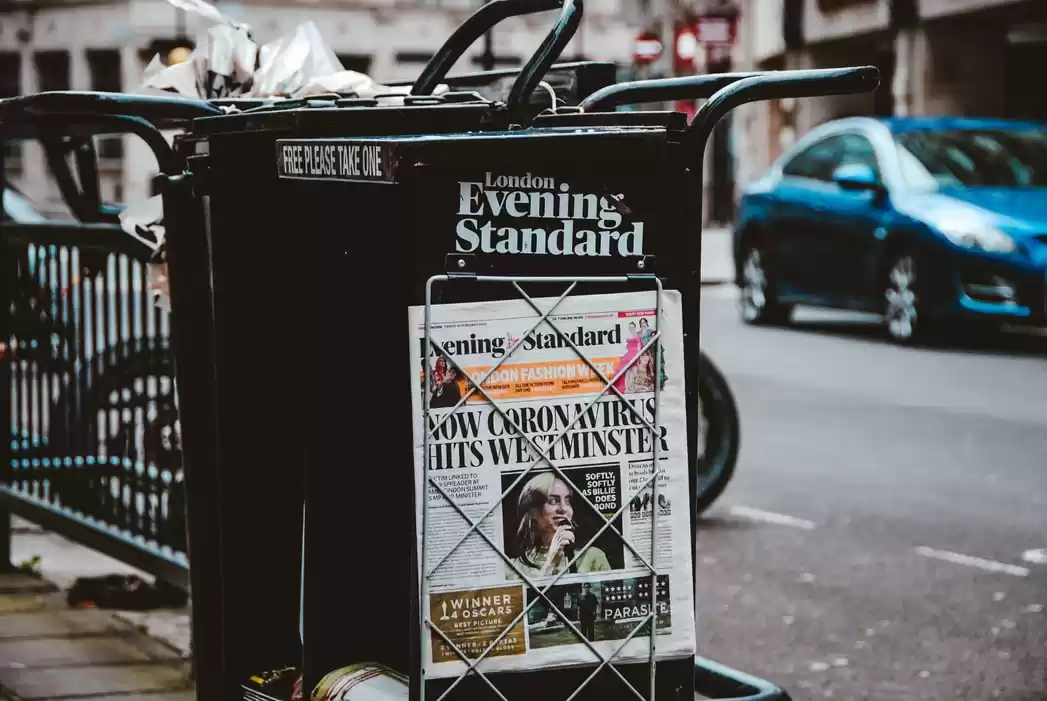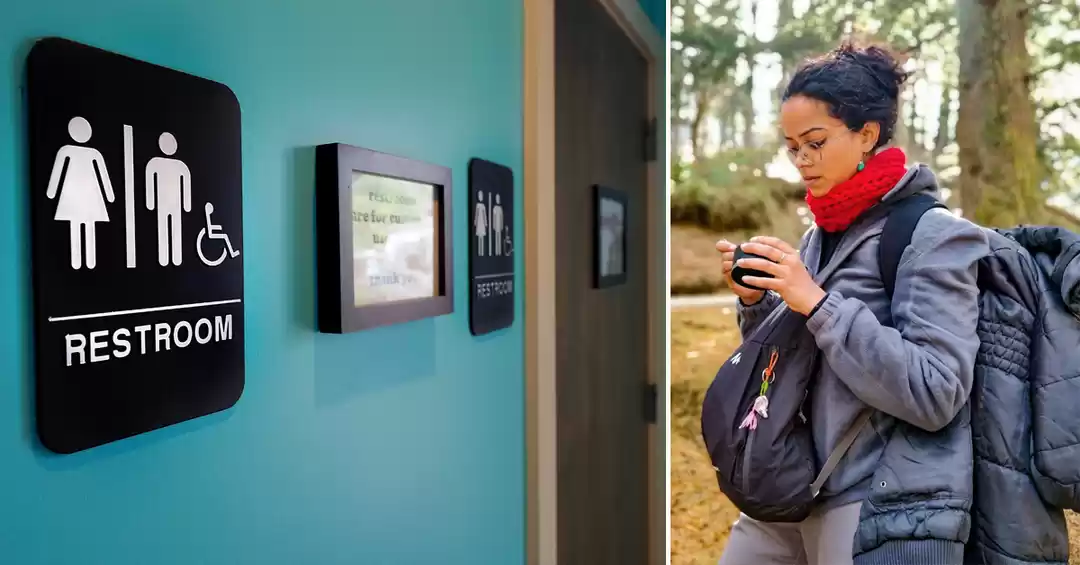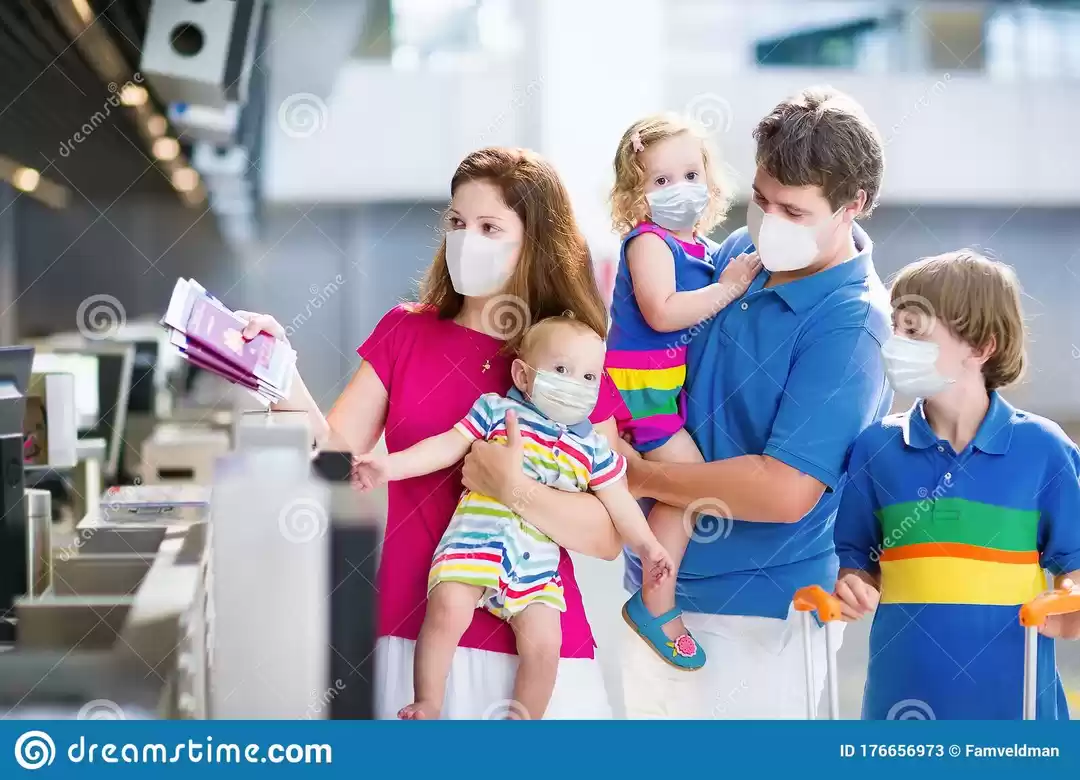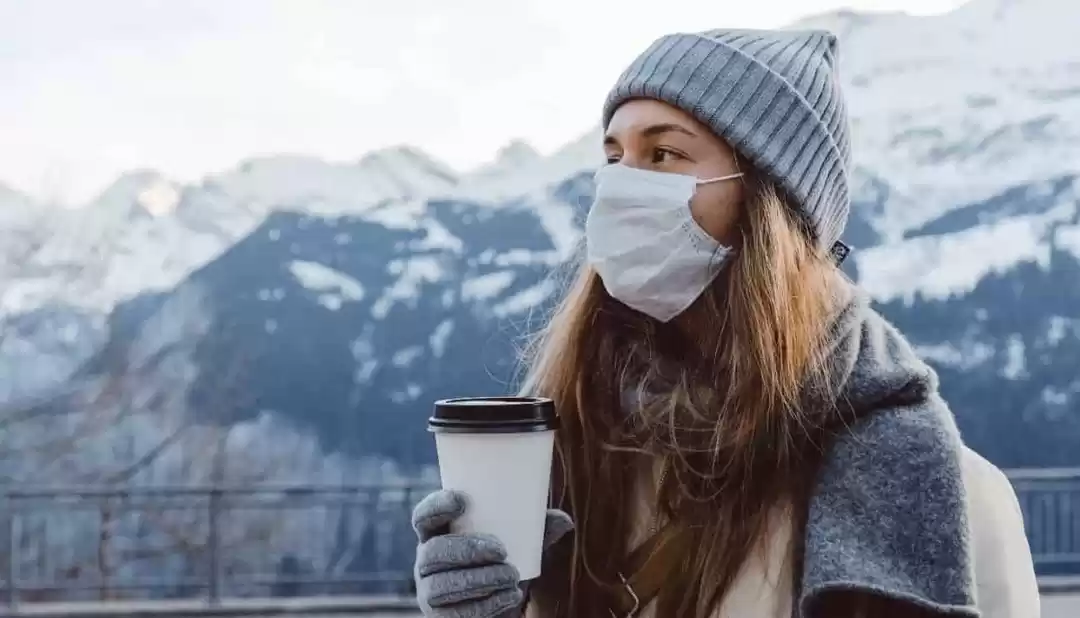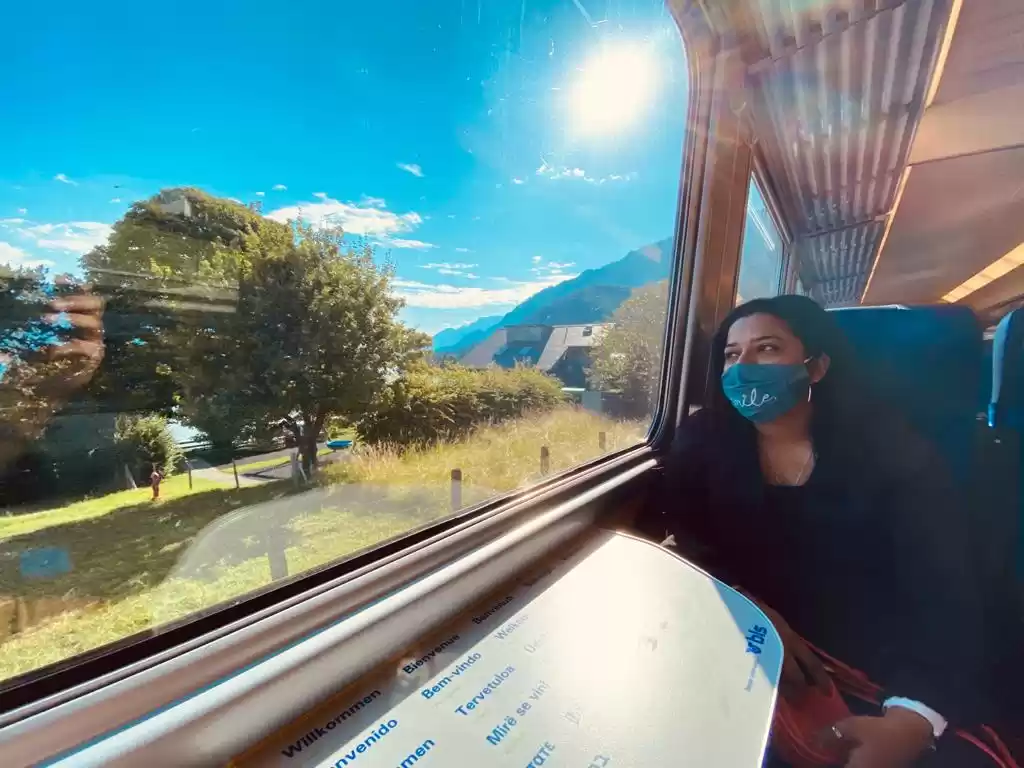Six hundred and sixty-three.
That's the number of people in China that have succumbed to the fatal coronavirus (as of Feb 7, 2020) that originated in Wuhan. The number of people infected by the virus rose to a staggering 31,161 in China, while 150+ cases have been reported in 25 countries around the world, according to a report published in Al Jazeera.
In addition to the deadly coronavirus, which has no known cure as of now, the 21st century has witnessed a number of fatal health scares around the world. These include the Swine Flu (which is now more common than ever before), Nipah Virus, and Ebola, to name a few. With so many bacteria and virus lurking in every corner of the world, travelling becomes more of a risk than an activity that rejuvenates you. Airplanes especially, are breeding grounds for virus, bacteria and germs. They bring together travellers from different countries and confine them into a space that has no low oxygen, low humidity and no ventilation, whatsoever. So how do you travel during the trying times of a global health emergency? Here are a few precautions and tips that you must follow:
1. Washing hands frequently

Washing hands to protect yourself from germs is the most basic safety tip that has been ingrained into us since childhood. But let's stop and think. How many times did you wash your hands today? Did you wash your hands with soap for at least 20 seconds after using the washroom and before meals? Chances are that most of you didn't. Washing hands has proven to be the most effective and simple way through which most infections can be prevented. When you're travelling, you are bound to shake hands with people, touch dirty luggage, tickets counters that must have been leaned on by a hundred others, escalator railings, lift buttons, washroom doors and seats in a plane, bus, train and the subway. When hands come in direct contact with your mouth, nose and eyes, the chances of catching an infection grow multi-fold. If you cannot wash your hands, do use a hand-sanitiser that has at least 60% alcohol, and ensure that you don't keep touching your nose, mouth and face.
Scientists have revealed that washing hands, in the case of coronavirus, is more effective than using masks or gloves.
2. Increasing your immunity
Studies have proven that one in five people on every flight is bound to fall sick after the journey. In such a case, the key to keeping healthy as you travel is to strengthen your immune system. No matter the number of preventive measures you take, if your body is weak and your immunity is low, you are bound to catch infections. To counter this, start taking supplements that boost immunity about a week before your travel dates. There is an eclectic range of organic and ayurvedic immunity boosters available in Indian markets that you can choose from. Apart from this, you could also go back to the basics and start having turmeric milk, basil leaves, and a glass of honey and lemon juice before your trip begins. These foods strengthen the immunity system, and hence, your body can combat any unwanted germs and bacteria entering your body.
3. Choosing where you sit carefully

Studies have revealed that choosing your seat wisely on airplanes can protect you from falling sick! Surprised, right? But the logic is pretty simple. It has been revealed that opting for a window seat is your best bet against germs and infections. If you're seated in an aisle seat, a number of passengers are bound to cross you or hover around your seat. This means that you are prone to the germs or infections that they are carrying. Avoid taking seats that are closer to the washroom since the number of people who will wait by your seat is sure to be very high. Most importantly, travellers who are sick tend to use washrooms the most, and hence, you'd definitely want to be as far away from the washrooms as possible.
4. Make masks a part of your attire
Wearing a mask while travelling, especially if you're on a plane, bus, train or are taking the subway is an excellent habit. When you're in a confined, crowded space, and there is no ventilation,. a mask will protect you from infections floating about. Masks have been used to combat almost all major flues and infections in the past and are a great way to protect yourself while travelling. If you think that a mask spoils your airport look, think again because a little compromise is better than falling sick.
5. Eat healthy

Most of us treat travelling as a break, not only from our mundane routines, but for some reason, also our health! How many times have you wolfed down packets of during chips before a journey, or chosen to eat disgusting pre-cooked cup noodles while on a flight? Almost all the time, right? Eating well while you're travelling is essential. Eat fresh fruits and vegetables that will give you a boost of vitamins and minerals, instead of wearing your digestive system down with oily and unhealthy food.
6. Anti-bacterial wipes
This one's the most important, especially for those travelling with children. Anti-bacterial wipes come most handy when you're using public transport. Let's take airplanes for instance – the only thing worse than touching surfaces on an airplane is probably licking the floor. An airplane's seat belts, arm-rests and tray tables are extremely dirty since they are are touched by passengers multiple times during a flight. In fact, entertainment systems are said to be one of the top three dirtiest spots in an airplane since they are touched by passengers as soon as they return from washrooms or are seated in the plane. Most importantly, they are barely ever cleaned since they are never visibly dirty. However, germs can find their way to various cracks and can remain there for up to three whole weeks!
Another prevention that will help you is to no use the seat pockets in front of you. They are mostly used as trash, where things ranging from food wrappers to dirty diapers (oh the horror!) are stored. Since the pockets cannot be cleaned with wipes, it's best that you don't use them at all.
Please note that in case of coronavirus, the chances of catching the virus from a surface are very low. The virus lives on living surfaces, so you're more susceptible to catching the virus if you shake hands with someone.
7. Avoid non-vegetarian food in case of coronavirus
In the case of corona virus, especially if you're travelling internationally, it is best to avoid non-vegetarian food. You don't know where the meat must be sourced from, and since various health advisories have hinted that even contact with animals might not be safe, it is better to opt for a vegetarian meal as you travel.
8. Stay hydrated

Instead of choosing a glass of wine or a can of beer while you're on a flight, have water and stay thoroughly hydrated. Having water will ensure that your sinuses remain moist and lubricated, which helps prevent bacteria and germs building up in your system.
9. Gargles
Gargles help kill bacteria in the throat and clears nasal congestion, hence helping during flu seasons.
10. Most importantly, don't be scared to cancel travel plans
As the popular saying goes, prevention is better than cure. If you have trips planned to destinations that are known to be battling with epidemics, it's best that you cancel your plans. No matter how much money you lose out on tickets, no place is worth putting your life at risk.
Let's start prioritising health and hygiene as we travel, even when the world's not fighting against a deadly virus. After all, health is more important than exploring the world. Well, almost.
Have travel trips to share? Create a blog on Tripoto and share your experience with a community of writers here.


















